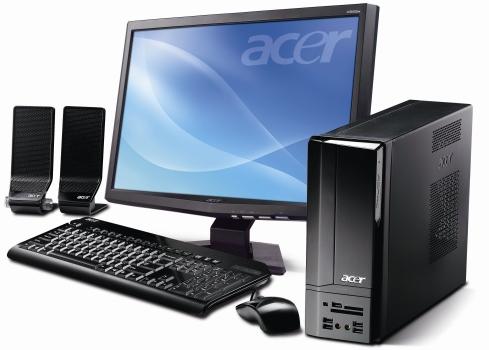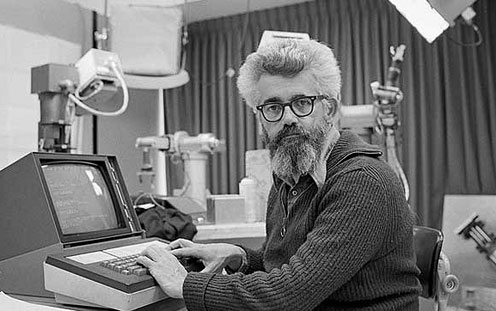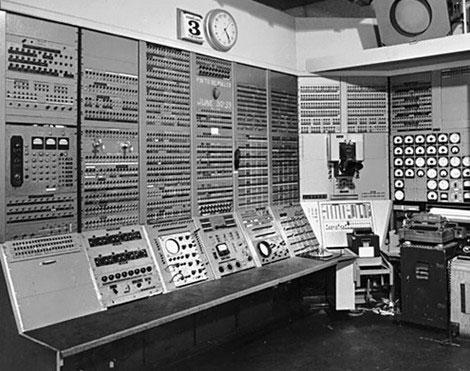

Be it schools, offices, homes or hospitals, computers are an everyday sight for this century. We actually cannot define our lives without it. All thanks to the father of computers who designed a mechanism that we cannot do without.
Computer's evolution took quite a long time to appropriately make the device fit into our routines. But from the first computer to what it is now, computers are a major development in the history of mankind.
What Is Computer?
A computer can be defined as a general-purpose electronic device or mechanism that is programmed to work on electronic information. It's designed in a manner to carry out automatic arithmetic and logical processes. The computer generally refers to the system of Central Processing Unit (CPU) working in accordance with the internal memory.
Fundamental components in the modern computer include an output device, input device, the Central Processing Unit (CPU), storage device and the internal memory. Its major functions are to accept data (input), process data, produce information (output) and save the results obtained (storage). One gets the option to chose from a variety of computers which are classified depending upon the purpose, handling, functionality, size, and power.

(Image Courtesy: The IT New)
History Of Computers
Computers, the way we know them as of today are the brainchild of Charles Babbage, grandfather of computers. He is deservingly credited to be the inventor of computers. Charles had dared to put forward the idea of a universal computer almost 100 years ago when such a device had been produced. He had designed an analytical engine to form the basic framework on which modern computer systems are base on. Charles originated the concept of computers but didn't have the tools and technicalities to actually shape the idea.

(Image Courtesy: History of Computers)
The First Computer
When you think of computers, there appears an image of devices that are sleek and elegant. However, the first computer was quite the opposite. It was a giant machine designed and developed by J. Presper Eckert and John W. Mauchly at the University of Pennsylvania. They developed an Electrical Numerical Integrator and Calculator (ENIAC). It made use of the 10 decimal digits in spite of the binary ones. This was the first machine to use more than 18000+ vacuum tubes spread across 1800 sqft. area.

(Image Courtesy: Image Hope)
Interestingly, all of the executable instructions that were used for producing programs had been incorporated into separate units. They had to be plugged together to form a flow of computation. And for each problem, the connection had to be redone.
It was kind of a wire-your-own-problem technique. But was also the first successful high-speed computer between 1945 - 1955.
Early Computers
The early computers can be classified into two basic categories.
#1. Machines that existed from 1937 till 1946 - First generation
#2. Machines that existed from 1947 til 1962 - Second generation

(Image Courtesy: BBC)
The third generation computers are the ones that came in the year 1963 and are present till date. These are more powerful systems, pretty reliable and super intelligent. They are the resultants of various improvisations made over the time and have become a useful tool both personally as well as professionally.
More on: How to Build Your Own Computer
The computer's evolutionary history is quite intriguing and inspiring. One man who thought of developing such a system changed the entire upcoming generations. Liked what you just read? Let us know through the comment section below. We would like to hear from you!
(Featured Image Courtesy: Thishika)